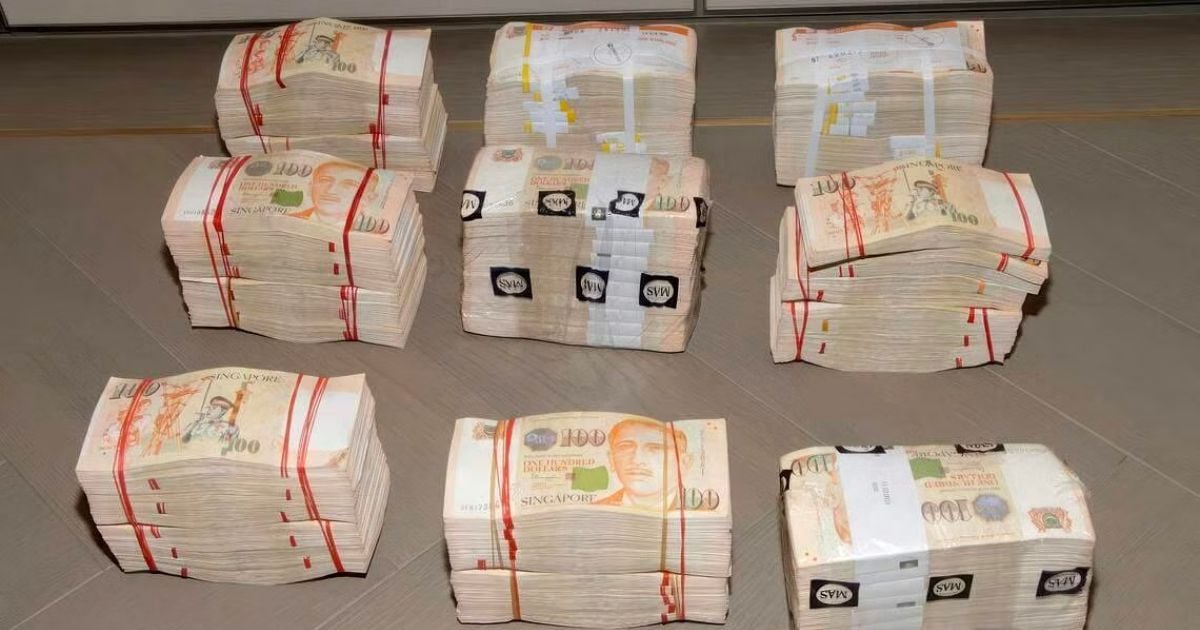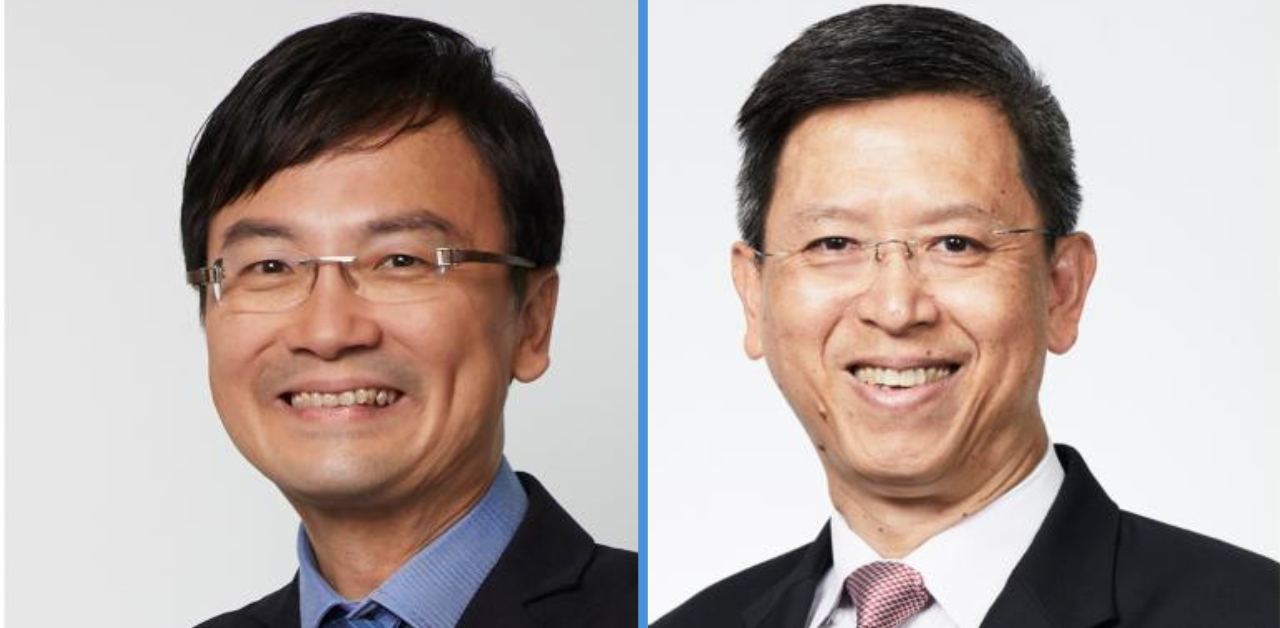If you haven’t heard about Singapore’s latest scandal regarding the growing money laundering case involving several Chinese nationals, you must be living under a rock.
The case started out with a $1 billion valuation in what was Singapore’s largest money laundering incident in recent memory.
Then, the news broke that the valuation of the money laundered was about $2 billion.
The latest development is that a Chinese national who founded an online gambling site is linked to this money laundering scandal taking place on our shores.
Here is more on what the recent development is all about.
Chinese National Wang Bingang Is Linked to the $2 Billion Money Laundering Scandal
Those who have been following the news about the money laundering case unfolding in Singapore may be familiar with names such as Su Haijin.
After all, the media have reported about them multiple times.
Now, a new name has come into play. Wang Bingang.
Who is he?
This Chinese national is a new name linked to the money laundering scandal as he too is on a list of people curated by the Ministry of Law regarding potential money laundering activities for trading of precious metals and stones.
The other names on the list include those who were arrested earlier this year as part of the money laundering busting on our island.
He Is the Founder of an Illegal Chinese Online Gambling Empire
We all know that the other foreigners arrested for their involvement in the money laundering case have much wealth to their names.
Wang Bingang is no exception.
Currently 34 years old, Wang made the bulk of his fortunes by running an online gambling empire.
At the tender age of 23, Wang formed the online gambling group in 2012 and grew it into Hongli International (an online gambling site) in a short two years.
Wang’s online gambling site operates from the Philippines and Cambodia as online gambling is illegal in China.
For those who don’t know Mandarin, the word “hongli” was very well chosen. It translates roughly to “great and abundant profits”.
That sure sounds good to lure both gamblers looking to strike it rich and those who run the gambling site.
According to Chinese media reports and other organisations like the United States Institute of Peace (USIP), Wang’s site was made possible with the help of two associates.
The site targeted Chinese nationals despite the ban on online gambling back then.
Wang started his business in the Philippines as one of the first few offshore gambling operators.
He later pivoted his operations to Cambodia as the authorities in the Philippines started to come down with a heavy hand on online gambling sites due to their associations with violent criminal activity.
Cambodia was a good spot for Wang’s business operations as online gambling was not illegal in Cambodia at that point in time.
After the shift in operations in 2014, Wang reportedly engaged Wang Xiaolong and Wang Baosen to help grow his business.
Not long after, Hongli International grew into one of the largest online gambling sites in Bavet, a city in Cambodia which is on the border with Vietnam.
His Current Whereabouts Are Unclear
So since Wang was not one of the ten individuals who were arrested on suspicions of money laundering earlier this year, where is he?
Wang was reportedly living in Singapore at the time of the arrest of the others, in his rented good class bungalow at Tanglin.
The Straits Times reported that Wang’s family still lives there with their helper, though Wang and his wife have not been seen for about a month.
Interestingly enough, Wang’s helper told The Straits Times that Wang and his wife are still in Singapore.
We can’t help but wonder if this helper had to sign an NDA (non-disclosure agreement) before working for a family with potentially shady dealings.
Since Wang has not been captured yet and has not been seen by those around him, perhaps he is no longer in Singapore.
Even if Wang is not in Singapore, it seems unlikely that he would return to China.
Wang actually has a criminal record in China because of his online gambling site.
While Hongli International was very successful, Wang did not manage to escape the crackdown by the Chinese authorities regarding online gambling activities.
Back in 2014, Wang was arrested by the police after a customer of his online site went bankrupt and surrendered himself to the Chinese police.
Reports say that Wang was outed by one of his men, who had been caught through tracing banking transactional data and transnational police assistance.
Wang was arrested in Cambodia and repatriated to China in 2015, where he had to undergo investigations over more than seven months.
The illicit proceeds from a short six months ballooned to over 984 million yuan (approximately S$184 million).
Can you imagine how much Wang made by running that online gambling site over several years?
Eventually, the case concluded when Wang was indicted as the main perpetrator of the online gambling crime.
He was not indicted as the headman of a “criminal organisation” because the court did not find Hongli International to be a criminal organisation.
For this, Wang served a jail term of three years which reportedly ended in early 2018.
Whether for good or for bad, Hongli International looks to be up and running despite the crackdown and recent links to the money laundering scandal.



